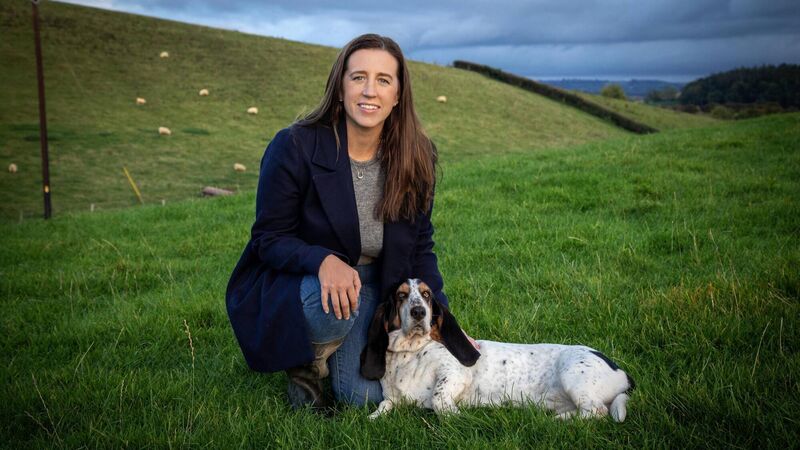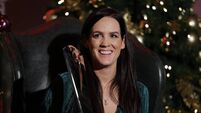Stronger Roots: How rural Irish women are shaping the future of agriculture

Maura Fay. Picture: Brian Clarke
Journalist Maura Fay comes from a long line of rural women who have refused to give up the tranquility of the countryside for the bright lights of nearby towns and cities.
The RTÉ radio reporter, who can be heard on Today with Claire Byrne, has lived her whole life in Drumconrath, a lively village of 600 people in north Meath, near the borders of Cavan, Monaghan, and Louth.







